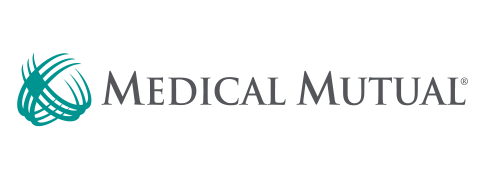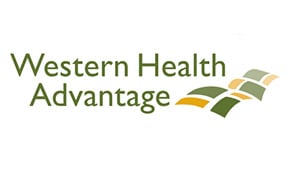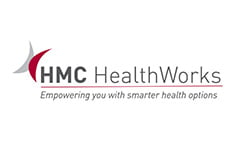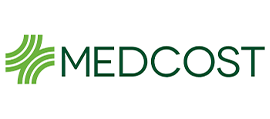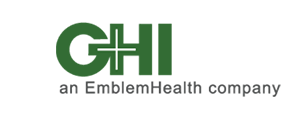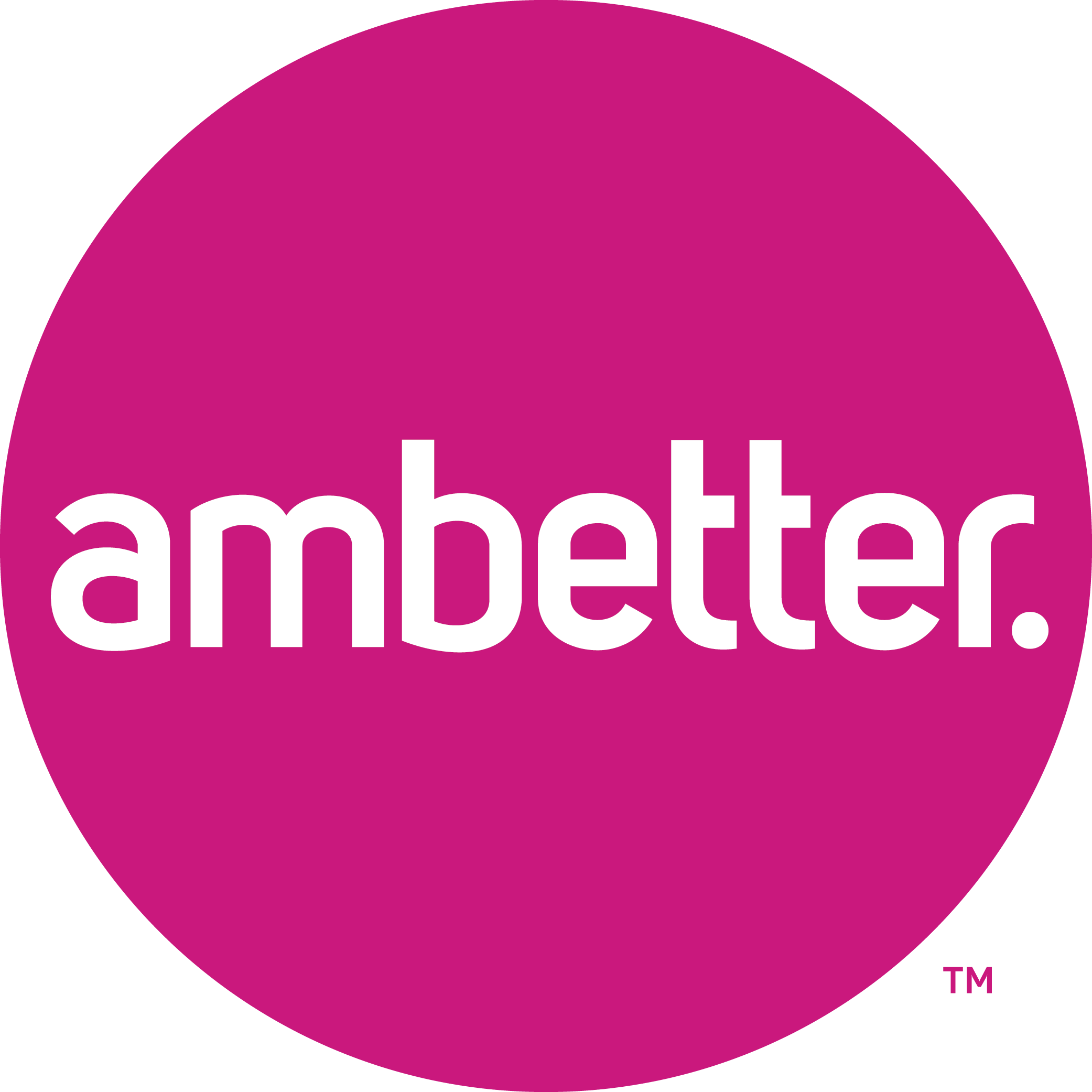Detoxing from Prescription Drugs
Prescription medications are beneficial for a number of different reasons. Common daily prescription pills are used to treat ADHD, anxiety, and severe pain. These prescription medications are also known for being highly abused. Many believe prescription pill abuse is somewhat safer than other drug abuse considering these drugs are prescribed by a medical doctor and FDA approved.
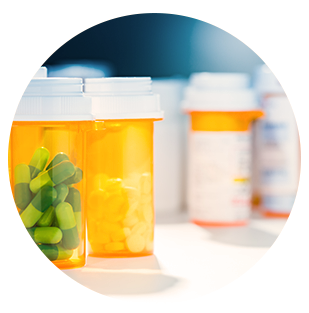
Unfortunately, this thinking is the reason why the prescription pill epidemic is such a problem in our country. Many of these prescribed medications are psychoactive, mind-altering, and can lead to addiction problems. According to the National Survey on Drug Use and Health, over 52 million people older than 12 have used prescription medications recreationally in their lifetime.
Once abuse turns to an addiction, this is when the problem arises. Prescription drugs fall into three main classes: opioid pain relievers, stimulants, and central nervous system depressants. Each type of drug can create a physical and chemical dependence, making changes in the brain that take time to reverse. Withdrawal occurs when the drug use is stopped or quantities are decreased. Withdrawal symptoms can range from mild to severe, and they can even be life-threatening if not managed correctly and safely.
What is Prescription Pill Detox Like?
The cycle of dependence can be difficult to break and often requires professional assistance. The first step in most recovery programs is typically detox. Detox refers to the process by which toxins are purged from the body. The detox process may vary depending on the type of drug abused, length of time abused, and the severity of the dependence.
Since there are a number of different prescription medications that people become addicted to, the withdrawal symptoms will vary. The prescription pills we see frequently abused are opiates, benzos, and amphetamines. To learn specifically about each of these drug categories and the specific withdrawal symptoms for each, click the above linking.
With all prescription pill detox and withdrawals, the individual’s body will be affected physically, mentally, and spiritually. Withdrawal symptoms from most prescription medications are so severe that detoxing without medical supervision often fails. At Banyan Treatment Centers, we know that the only way to guarantee a successful start to the recovery journey is to have a medically supervised prescription pill detox program along with therapy to treat all aspects of the individual.
Why Prescription Pill Detox is Crucial to Recovery
When the anxiety and pain from withdrawal begin, this can be too much to tolerate for many individuals. In most cases, this is the main cause of relapse. Medically detoxing a person is crucial to beginning the recovery journey. Through proper medical treatment and added support through therapy, the former addict is more likely to be successful in a life of sustained sobriety. It is important to treat the withdrawal medically but with therapy simultaneously to ensure proper recovery.
What are my Options for Prescription Pill Detox?
The most successful way to detox from any form of prescription pills would be a medically supervised prescription pill detox program such as the one at Banyan Treatment Centers. While, detoxing at home is possible, there are many complications that could result from going “cold turkey” and when death could be a possibly outcome, this is not something to take lightly. Proper medical detoxification and therapy are required to ensure a life of sustained recovery.
The best choice is Banyan's Program. If you or someone you know is struggling with prescription pill addiction, please call us at (888) 422-1651.
Related Reading
Most Insurance Plans Accepted
At Banyan Treatment Centers, our goal is to make sure that anyone who needs treatment from drug and alcohol addiction are able to get the help needed to assist them on the road to recovery. If you don't have insurance contact us to inquire about alternate methods regarding treatment for yourself or a loved one.














